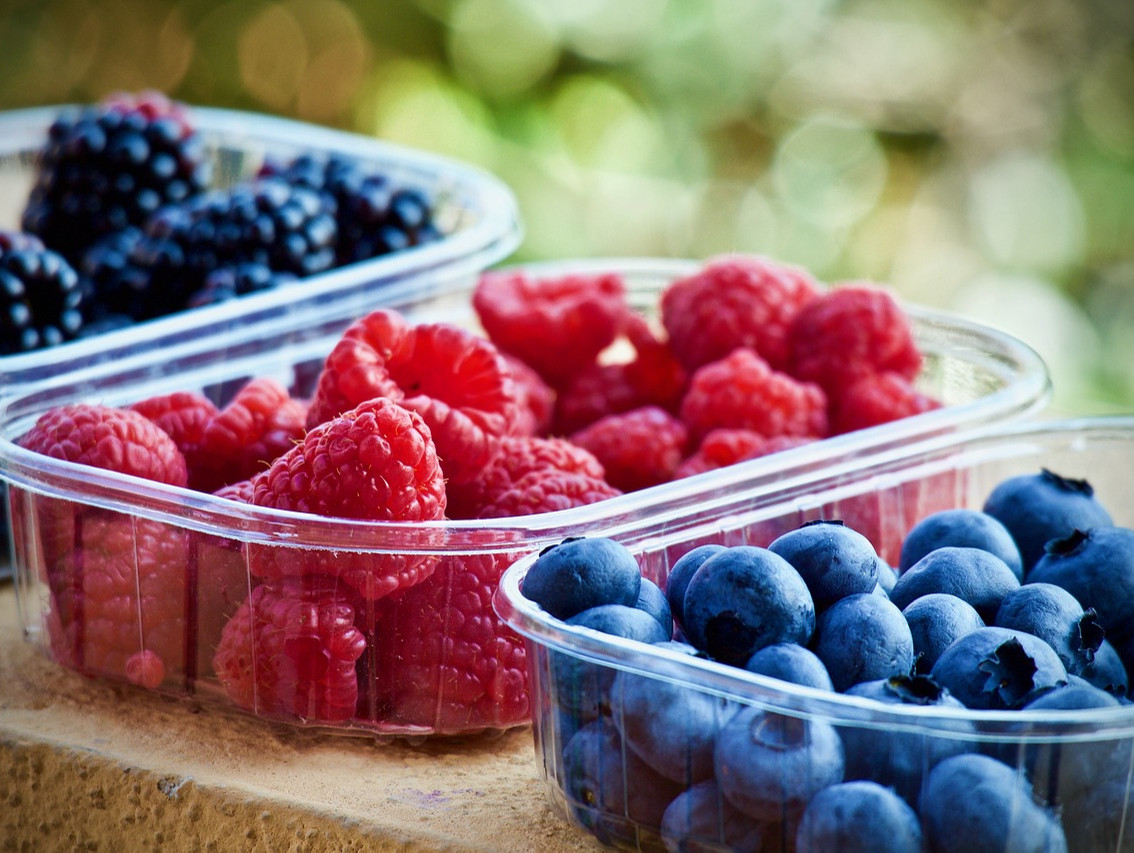
In August 2024, the food industry focused on sustainability and technological advancements. Denmark introduced a CO₂ tax on meat and dairy, and the merger between JBT and Marel received approval. PALI Meat closed its Oss location, while Nutreco opened a cultured meat factory. The aging population is pushing the sector towards increased automation. New research suggests that processed red meat raises the risk of dementia. Gilles expanded by acquiring La Cordobesa. Meat substitutes appear to be less popular among flexitarians. Below is a summary of the most popular stories from this month!
5 August 2024 | Denmark is set to take a historic step by becoming the first country in the world to introduce a CO₂ tax on meat and dairy products. Starting in 2030, farmers will be required to pay for greenhouse gas emissions, with the aim of reducing the agricultural sector's impact on the climate. This initiative is the result of a broad consensus among various stakeholders, including agricultural organizations, environmental groups, and the Danish government. The plan initially calls for farmers to pay 40 euros per ton of CO₂, increasing to 100 euros by 2035.
20 August 2024 | PALI Meat has announced the closure of its Oss facility, effective September 1, 2024. This decision follows the sale of the property, marking the end of meat processing activities at this location.
12 August 2024 | JBT Corporation, a prominent global provider of technological solutions for the food and beverage industry, has received shareholder approval for the issuance of new shares in connection with its planned merger with Marel hf. During a special shareholder meeting held on August 8, 2024, more than 99 percent of the shareholders in attendance voted in favor of the transaction.
8 August 2024 | The food industry is grappling with an aging workforce and a significant outflow of older employees. With 27% of the workforce over the age of 55, many of these workers are retiring earlier than the average in other industrial sectors. The challenge lies in maintaining productivity and addressing labor shortages despite this aging trend. Automation and robotics are seen as crucial solutions to this issue, according to Rabobank.
13 August 2024 | The demand for protein-rich foods in the consumer goods industry continues to grow steadily. This trend is clearly reflected in the rapid growth of products containing 25 grams or more of protein per serving. According to a report from NielsenIQ, these products are currently among the fastest-growing categories in the food industry.
1 August 2024 | On July 29, Nutreco announced the completion of the world's first production facility for cell feed in Boxmeer. This new factory is specifically designed for the production of powders that serve as nutrients for cultured meat products. With this development, Nutreco takes an important step in advancing innovative solutions for the food industry.
5 August 2024 | Daily consumption of processed red meat, such as bacon and boloney, can lead to an increased risk of dementia. A recent study from Harvard University, presented at the Alzheimer’s Association International Conference 2024 in Philadelphia, reveals that individuals who consume at least a quarter serving of processed red meat daily are 14% more likely to develop dementia compared to those who consume less than a tenth of a serving per day. These findings are based on a long-term study involving over 130,000 participants, some of whom were observed for up to 43 years and provided data on their diet every 2 to 5 years.
20 August 2024 | Effective September 1, 2024, Gilles will acquire La Cordobesa, a well-established name in Spanish and Italian deli meats. This acquisition represents a significant step for Gilles, expanding its product range to include a wide variety of dry-cured sausages, which has long been a goal for owner Dick Wever. The merger of these two companies offers a broader product selection and new growth opportunities within the Dutch food industry.
15 August 2024 | Plant-based meat substitutes are often seen as an environmentally friendly alternative to meat, but they appear to be unpopular among the majority of Dutch flexitarians. This is according to recent research by Muriel Verain and Hans Dagevos from Wageningen University, which reveals that only "heavy" flexitarians and vegetarians are enthusiastic about these products.
7 August 2024 | Ultra-processed foods are a fundamental part of the modern diet, yet many Dutch people remain unaware of what this actually entails. Recent research by Motivaction reveals that only 5% of the Dutch population truly understands what ultra-processed foods are. These products, often altered to extend shelf life or enhance flavor, are widely available on supermarket shelves. While sodas, ready meals, and snacks are commonly recognized as ultra-processed, other products like margarine, fish sticks, and fruit yogurt also fall into this category.
Source: ©VakbladVoedingsindustrie